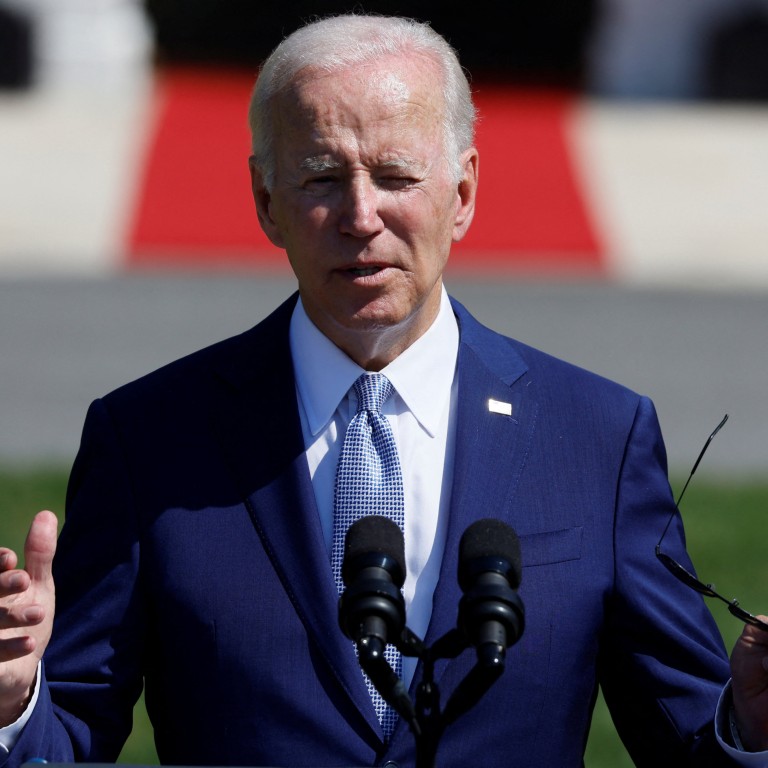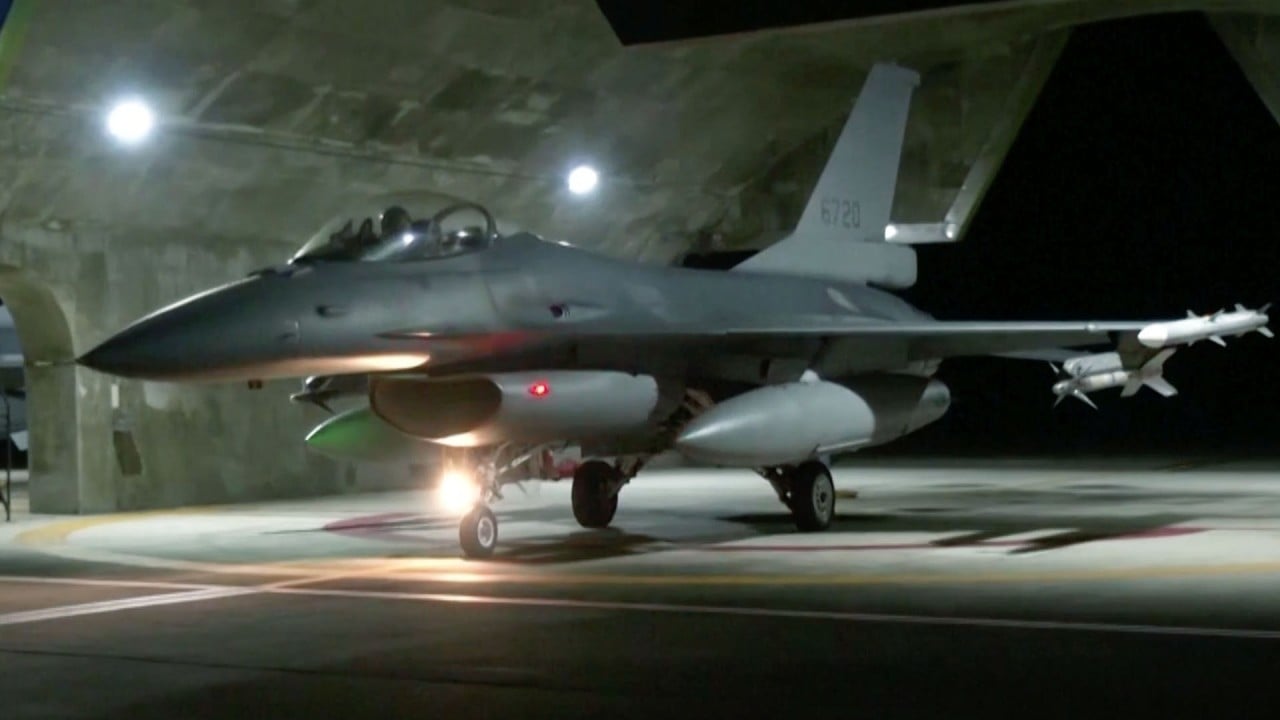
If war breaks out over Taiwan, Joe Biden’s lack of leadership will be to blame
- The US president has shown a worrying lack of authority when dealing with scrapping trade tariffs on China, securing an increase in oil output and Nancy Pelosi’s visit to Taiwan
- On his watch, the danger of war between the US and China looms much larger
Years ago, as a regional head of Asia for an American multinational based in Atlanta, Georgia, I was schmoozing with the visiting vice-president, international, over afternoon drinks on the Bund in Shanghai when he said of the company’s CEO, “Decisiveness is a key part of leadership, and Paul knows his stuff.”
The context was that most people in the company had thought Paul was an incredibly charming man until shivers were sent down their spines by the news that the COO, who had been Paul’s right-hand man from the time they started the company, had suddenly been removed for no obvious reason.
A veteran investment banker was announced as the new COO and, two years later, the company’s share price had more than doubled, although net profit was up by less than 25 per cent – Wall Street became more bullish about the company simply because of the new CEO/COO ticket. The vice-president added, “Paul doesn’t run a company like this by being Mr Nice!”
Unfortunately for the world, US President Joe Biden seems to be running a country like America by being Mr Nice – which is amply shown in his handling of international relations.
Yet, the Biden administration still has not scrapped the tariffs imposed on US$350 billion of Chinese imports, mainly due to persistent resistance from US Trade Representative Katherine Tai.
However, his seeming gesture of goodwill towards the crown prince – coming after US intelligence found that he had authorised the murder of Jamal Khashoggi, a Saudi dissident journalist who wrote for The Washington Post, in 2018, and Biden himself pledged in 2020 to make Saudi Arabia a “pariah” – did not lead to results.
Biden could simply and rightfully have wielded America’s power as the de facto protector of Saudi Arabia to get what he wanted; he needn’t even have made the trip himself. Biden could have drawn the prince’s attention to the fact that what Washington regards as entirely legitimate requirements must be met by Riyadh, and reminded the prince of America’s ability to underwrite or disregard the kingdom’s chief concern, which is the security of the monarchy.
Above all, it is the handling of House Speaker Nancy Pelosi’s visit to Taiwan earlier this month that has exposed the worrying extent of Biden’s lack of leadership.
Readings of the situation have been offered, zeroing in on Pelosi’s bloated ego, Congress’ constitutionally guaranteed status as an equal branch of the US government and China’s “overreaction”.
More than 100 years ago, Vilfredo Pareto, an influential Italian polymath, observed the same pattern of decline that the Biden administration is showing today when he noted that a society’s declining elite “becomes softer, milder, more humane and less apt to defend its own power”, and yet it “does not lose its rapacity and greed for the goods of others”.
Graham Allison, the Harvard professor famous for the book Destined for War: can America and China escape Thucydides’ Trap?, has recently criticised America (and China, of course) for carrying on with “statecraft as usual”, which would lead to “history as usual”, meaning “a catastrophic war”. To which I would say that Biden, with his dogmatic niceness, would bear the lion’s share of the responsibility.
Terry Su is president of Lulu Derivation Data Ltd, a Hong Kong-based online publishing house and think tank specialising in geopolitics


